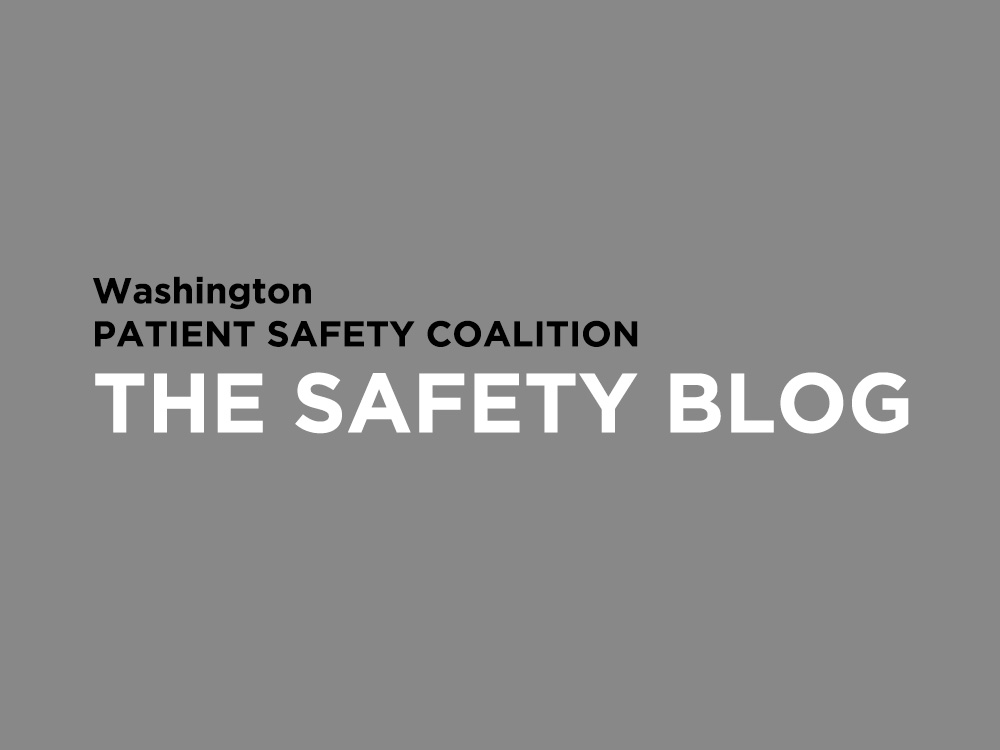- FHCQ Foundation for Health Care Quality
- COAP Care Outcomes Assessment Program
- Spine COAP Care Outcomes Assessment Program
- SCOAP Care Outcomes Assessment Program
- OBCOAP Care Outcomes Assessment Program
- CBDR
- Smooth Transitions
- WPSC Patient Safety Coalition
- Bree Collaborative Bree Collaborative
- Health Equity Health Equity
- Admin Simp
- Contact Us
Oil well blow-outs and other disasters

Oil well blow-outs and other disasters

The deep-water oil blow-out and recently capped “leak” (which seems like an inadequate word) in the Gulf is nauseating in its own right when one considers the environmental effects. Because this is a patient safety blog I’ll turn my thoughts a bit to disasters and tragedies and how they make me reflect on safety issues.
As I’ve read and thought about space shuttle failures, coal mine disasters, plane crashes, and oil wells some shared themes pop out, grossly simplified as follows:
Communication and authority: There were concerns about safety, but there wasn’t an effective way for those concerns to be conveyed to whoever could make a decision to stop, or change the plan – or those who identified the concern did not have the power to stop the process. (I’m not differentiating between perceived or ‘actual’ power – if you don’t think you do, you don’t.) Without trying to figure out exactly what happened, it seems that at least someone was worried about the deep-water oil-drilling technology and yet again, was powerless to take meaningful action. Could they get their concerns to the right ears? Were they pressured to just keep on working? This reminds me of the rationale for a pre-procedural pause and checklist: let’s be sure we listen to everyone, and give their voices equal weight. Blood products? Surgical implant? Special equipment? Critical lab values? Are we all truly ok to proceed? No, something still doesn’t seem right…let’s figure out what it is. Oh, the assistant surgeon can barely keep her rather glassy eyes open and can’t focus. Is she sleep-deprived, upset about something, or otherwise impaired? We need someone else to step in for her.
Lack of planning: If you’re drilling an oil well a mile underneath the ocean (where it’s dark and cold and under great pressure, not to mention a non-friendly environment with all those water currents), maybe it would be a good idea to have multiple back-up plans. What’s the worst that can happen? What if something snaps off so oil spews out? An emergency lid or shut-off valve should drop on – has that process been tested in similar setting (in the pitch-black, under a gazillion pounds per square inch, with water moving all around at near-zero degrees)? What if that valve doesn’t activate? What’s the backup plan? And what’s the backup to that? OK, we have a patient who weighs 850 pounds coming in for surgery – we’ll just assume that our lifts and equipments can safely manage him, and that our MRI is of adequate size. Let’s hope that our OR table capacity isn’t actually 500 pounds and that there is a ceiling lift in the ICU just in case we’ll need to move him quickly back to the OR.
Priorities: Who is most interested in the risky activity continuing? Who is most likely to push forward, and what are the motivators? Should we delay that space shuttle launch on a very cold morning when the O-rings are getting brittle (which the engineers have made clear previously is a real safety concern) because everyone in the world is watching and it’ll be embarrassing to delay the launch? Should we try to land in heavy fog with every high-ranking person in the Polish government on board because we’re already late for an important ceremony that is a symbol of improved relations between two countries? Coal mines only make money if they are being mined; stoppage time to test the air or drill ventilation holes takes away from productivity. Our fragile patient with heart failure and diabetes is ready for discharge – except she doesn’t seem to understand her medications and her husband is even more frail than she is, and they don’t have a way to get to their next appointment. But she’s stable (a lot more than when she was admitted), she wants to go home, and we do need that bed, as we’re completely full. They’ll do ok…I think they said they have neighbors who help them out.
Thoughts? Share with me here. Miriam Marcus-Smith, Program Director, WPSC
Recent Posts
- TakeCharge This Patient Safety Awareness Week: 5 Steps to Safer Healthcare
- Stigma & Bias in Healthcare: The Obstacles, Consequences and Changes Needed
- Agility in Crisis: How The Everett Clinic responded to COVID-19
- Collaboration over Competition: How Pediatric Hospitals Can Thrive When They Work Together
- Reducing Stress for Health Professionals During the COVID-19 Pandemic

